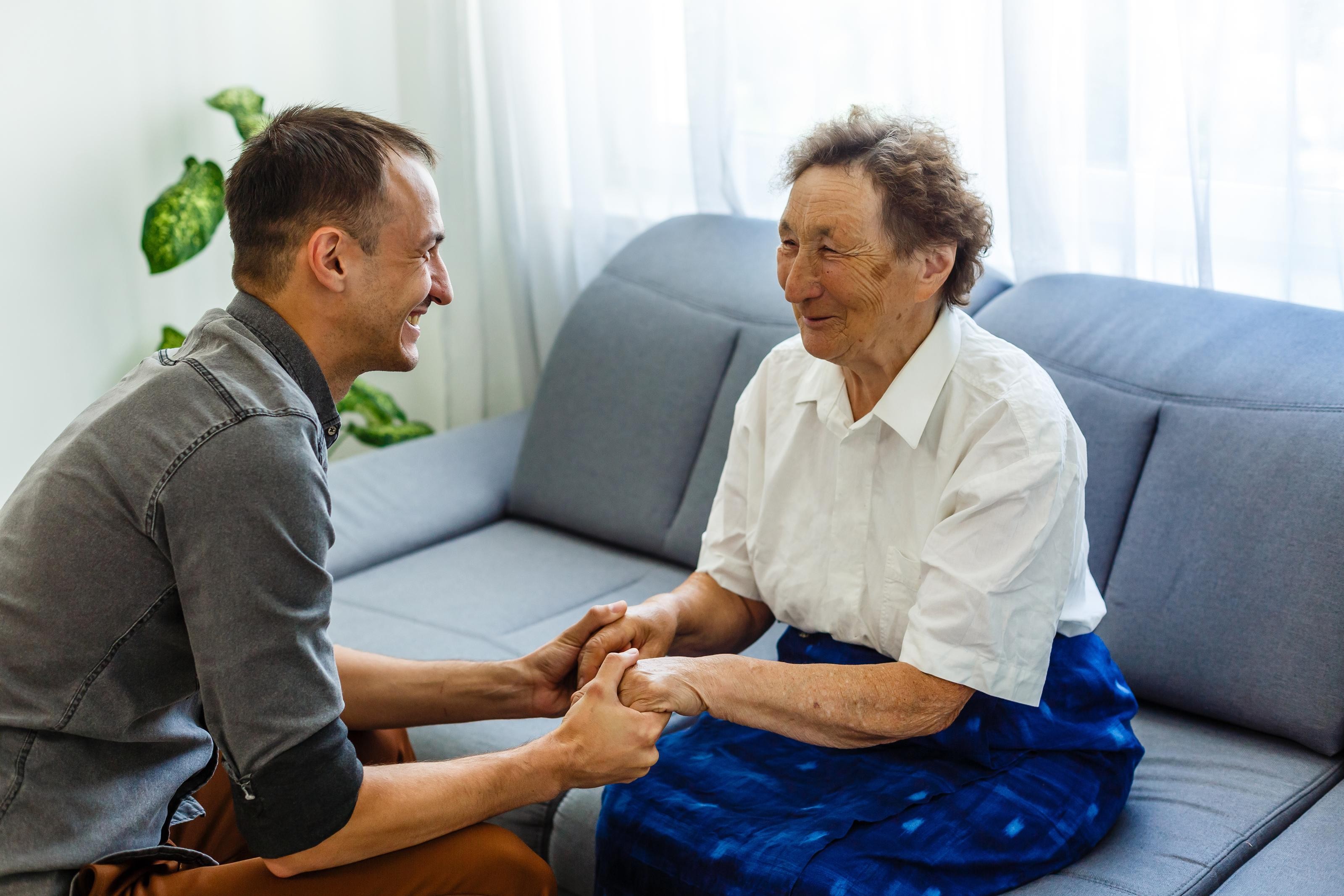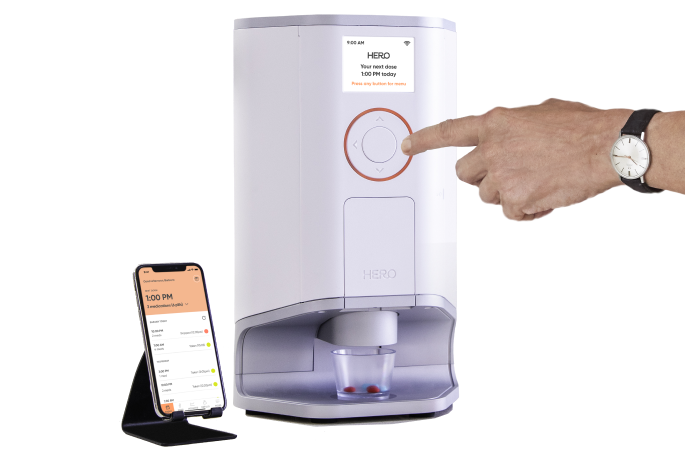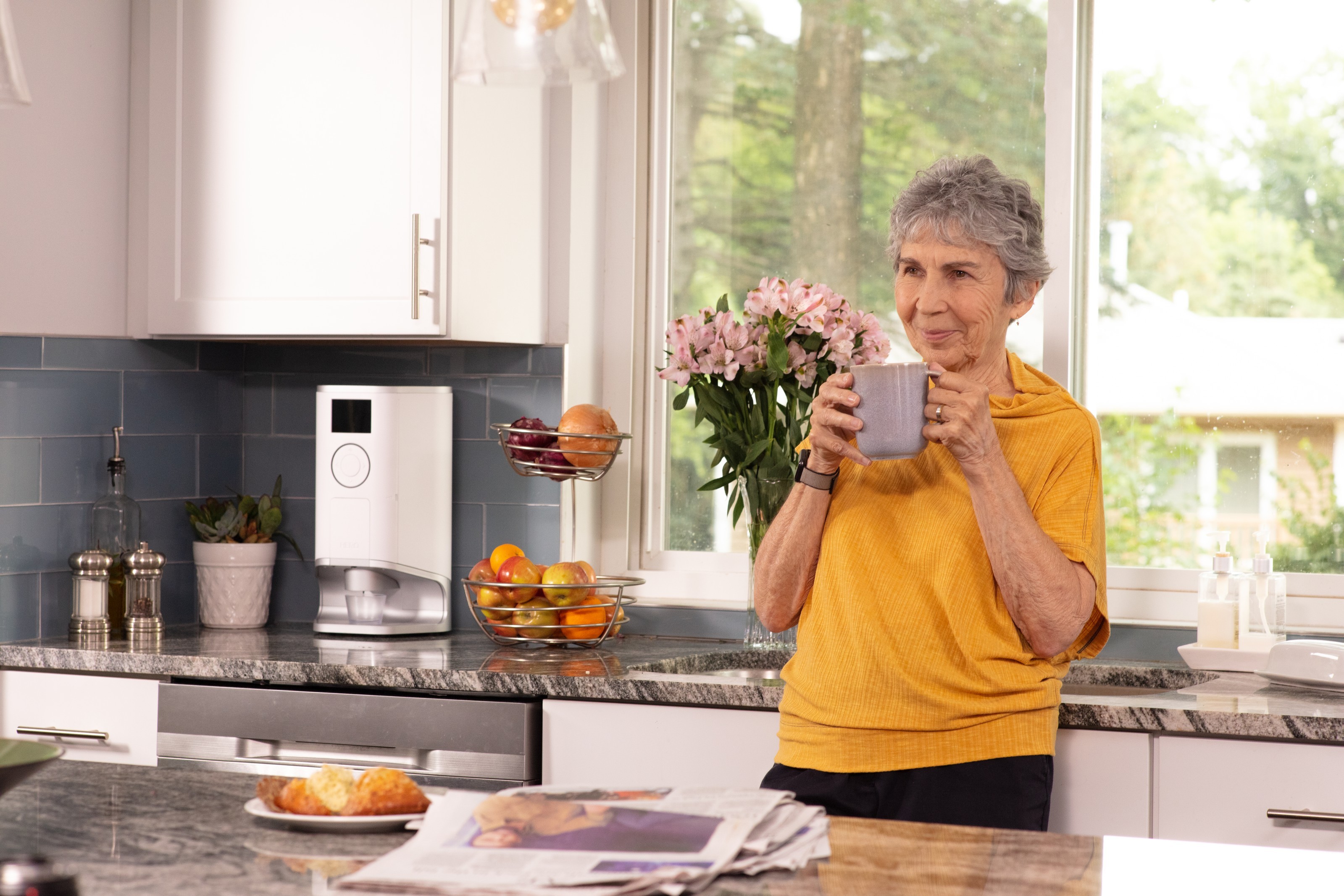Caretaking vs Caregiving: What you need to know

Dive into the dynamics of caretaking versus caregiving and learn how to balance your own needs with those of your loved ones. Discover the importance of setting boundaries, practicing self-care, and avoiding codependent relationships. Empower yourself with knowledge and tools to become a better caregiver today!
Caretaking vs Caregiving: Unraveling the Differences
Caretaking and caregiving, while seemingly similar, have significant differences. Caretaking often refers to a paid profession, focusing on the safety, health, and well-being of another person. On the other hand, caregiving is an unpaid role, often filled by a family member or a friend, driven by love and a lifelong commitment.
Understanding these differences is essential, especially when it comes to setting healthy boundaries and managing our own feelings. It's a delicate balance that, when tipped, can lead to a codependent caretaker relationship, compromising our mental health and personal lives.
Distinguishing Caretaking from Caregiving
Recognizing the difference between caretaking and caregiving is more than just semantics. It's about understanding our roles and responsibilities, and how they impact our relationships. It's about acknowledging our own health and well-being, and ensuring we don't feel guilty for prioritizing self-care.
When we blur the lines between caretaking and caregiving, we may risk falling into codependent relationships. This is where we become so focused on other people's feelings and needs that we neglect our own. We may become emotional caretakers, feeling responsible for others' happiness and well-being, often to our own detriment.

The Pitfalls of Codependent Caretaking
Codependent caretaking can lead to an unhealthy relationship dynamic. We may find ourselves attracting needy people, constantly putting their needs before our own. This can lead to feelings of resentment, burnout, and low self-esteem.
In a codependent relationship, one partner may feel obligated to take care of the other, often crossing boundaries and neglecting their own needs. This learned behavior can be detrimental to our mental health and overall well-being.
Complex med schedule? We solved it.
Hero’s smart dispenser reminds you to take your meds and dispenses the right dose, at the right time.

Embracing a Healthy Relationship
Caregiving means giving love and attention with pure intentions. Good caregivers know that caring for and protecting others is more than just being there and trying to fix their problems. Caregivers, first and foremost, know how to balance their loved one’s autonomy with their efforts to provide optimal care.
Caregivers tend to be attuned to the needs of others, often putting those needs before their own lives. Yet, they must also be mindful not to attract needy people who may take advantage of their kindness. A good caregiver respects the limits that the person in need puts forward and knows when to stop or continue offering help for their greater good. Caregivers also can empathize and understand their “patients” as a result of the desire of helping the person who requires aid.
You will know you're a good caregiver if you
- Have patience: Being patient implies recognizing that plans may change, issues could arise, things may not go as expected, and that the person receiving care may sometimes show hesitancy or resistance.
- Are trustworthy: A good caregiver knows how to create bridges with others by showing how trustworthy he or she is.
- Respect boundaries: A good caregiver won’t suffocate others when attempting to take care of them. They respect the person they are helping and, if possible, can step back as requested by their recipient.

Tips for Becoming a Better Caregiver
If you think you need to improve the way you deal with helping others, don’t worry: The first step is accepting that you need to improve, so you are actually on the right track!
Becoming a better caregiver is a never-ending journey, as there are always new ways to evolve your communication skills, stress management methods, and how to best approach your relationship with your care recipient.
Self care and your own needs
It is of crucial importance to practice self care. This means taking time for ourselves, seeking professional help when needed, and learning to set boundaries. It's about understanding that we can't pour from an empty cup, and that taking care of ourselves is not selfish, but necessary.
Here are some tips to take your caregiving to the next level
- Learn to listen to the person you are taking care of.
- Be open to talking about what makes you uncomfortable.
- Don’t assume anything; it’s always better to ask for clarification. Learn to relax and clear your mind before stress takes a toll on you.
- Aim to make the person that you’re caring for feel more autonomous and independent; if they can do something by themselves, let them do it!
Final Thoughts: Caretaking vs Caregiving
Understanding the difference between caretaking and caregiving is crucial for maintaining healthy relationships and practicing self-care. It's about recognizing our roles and responsibilities, and ensuring we don't lose ourselves in the process of caring for others.
Whether you're a caregiver or a caretaker, remember that you're not alone. There are resources available to help you navigate this journey, like Hero's medication management service. This award-winning smart dispenser can store, sort, and dispense up to ten of your care recipient’s meds, making your role a little easier.
The contents of the above article are for informational and educational purposes only. The article is not intended to be a substitute for professional medical advice, diagnosis, or treatment. Always seek the advice of your physician or other qualified clinician with any questions you may have regarding a medical condition or its treatment and do not disregard professional medical advice or delay seeking it because of information published by us. Hero is indicated for medication dispensing for general use and not for patients with any specific disease or condition. Any reference to specific conditions are for informational purposes only and are not indications for use of the device.



